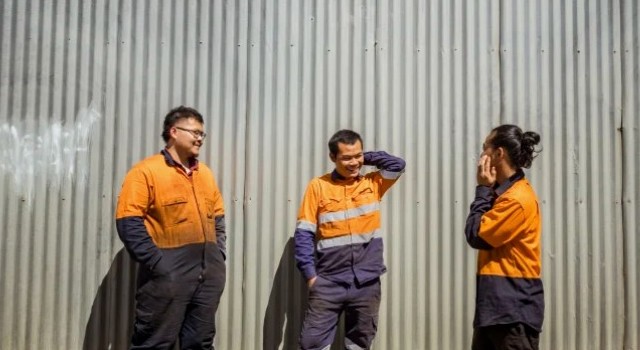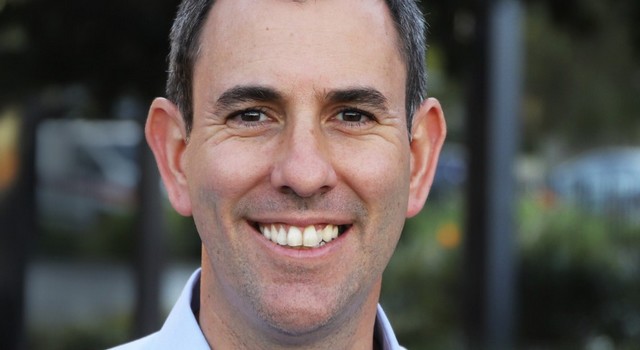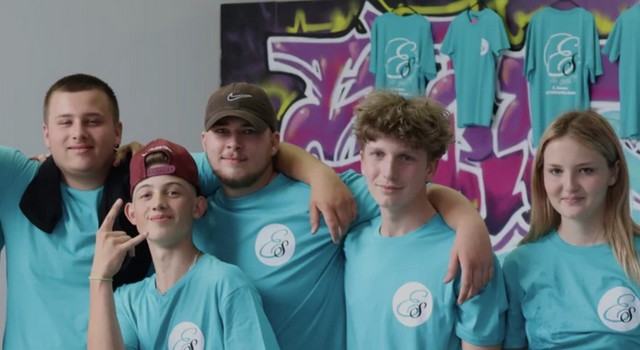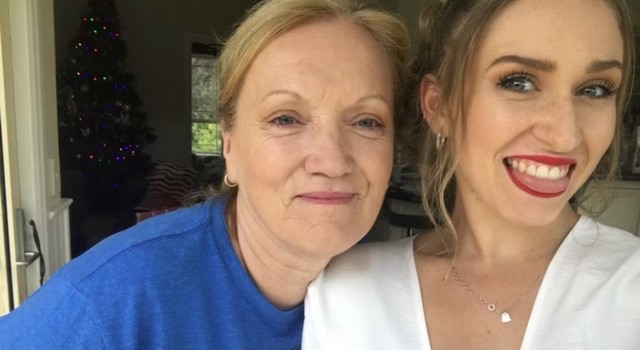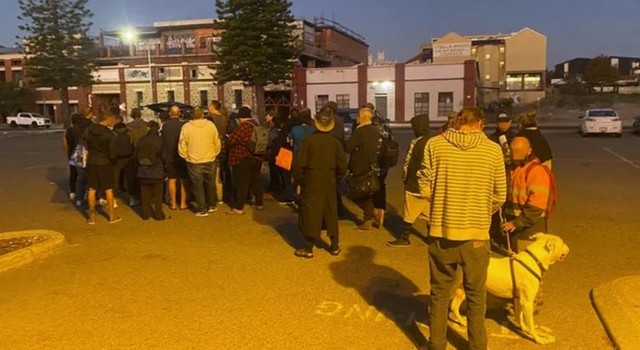Every day during his lunch break, welder Eh Ro Ropohsay crosses the road and walks straight into his Ararat home where he sits down to feast on dishes like spicy, fragrant curries with rice, The Age reports.
The workaday routine is the culmination of a remarkable journey for Eh Ro, who belongs to the Karen ethnic group that are oppressed in Myanmar.
Eh Ro arrived in Australia six years ago, but has been living in the western Victorian city of Ararat with his wife and two children for six months.
He works full-time for a steel product manufacturer and expects the former gold rush town will become his permanent home. Eh Ro is renting a house directly opposite his work, but hopes to buy his own home soon and lay down roots.
“I don’t want a unit. I want a proper house that is spacious for my family,” he said, speaking through a translator. “The backyard needs to have a veggie patch.”
Eh Ro moved to Ararat as part of a settlement program to help Karen migrants fill job shortages in manufacturing, meat processing, childcare, agriculture and the IT sectors.
It is part of the Ararat Rural City Council’s ambition to grow the city’s population and help guarantee its community’s economic viability while diversifying its social fabric. That goal comes with myriad challenges.
Eh Ro’s wife, Aye Win Tin, plans to work at a local abattoir when their two-year-old son is old enough to follow his five-year-old brother into kindergarten.
Local priest Father Martin Nadavajan said the new arrivals had shown a willingness to volunteer, which had helped counter declining participation in religious institutions.
He said about 10 people from the Karen community were now involved in the church, but hoped that was only the beginning.
“The Karen people bring that community spirit,” he said.
FULL STORY
Karen migrants changing the face of a former gold rush town (The Age)
PHOTO
Karen migrants (from left) Tay Taw Taw Talor, Hai Gay and Eh Ro Ropohsay have moved to Ararat and work at manufacturing plant Gason.CREDIT:CHRIS HOPKINS

